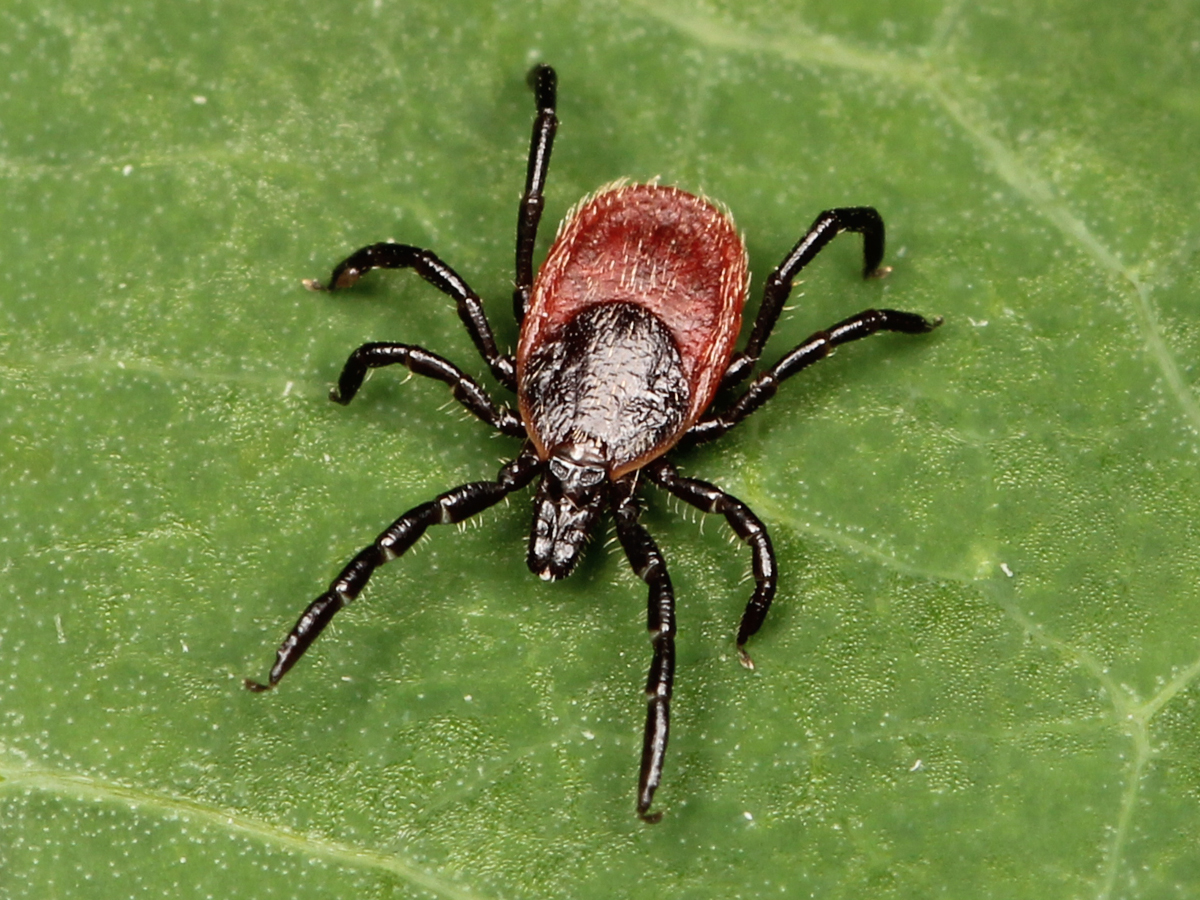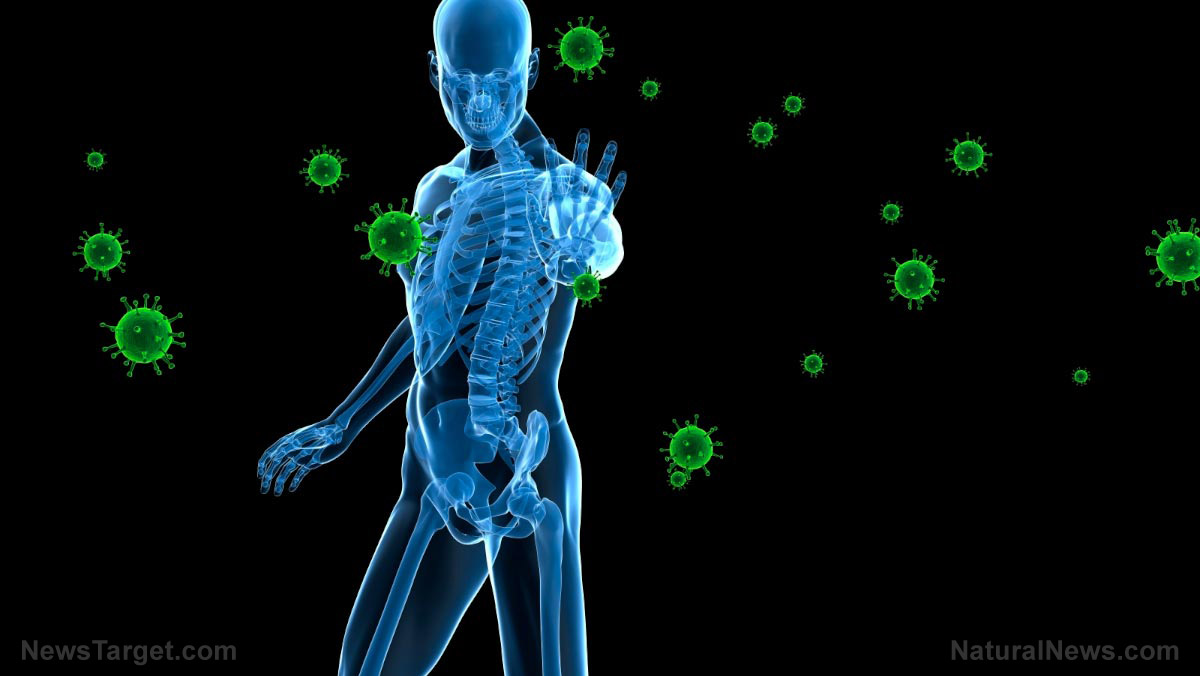Exciting breakthrough: Fight the spread of breast cancer with a healthy gut
12/26/2019 / By Tracey Watson

Statistics indicate that about 12 percent of American women – that’s one in every eight – will be diagnosed with invasive breast cancer at some point in their lives. And, of course, breast cancer does not only strike women; men are also at risk of developing the disease.
While overall death rates from breast cancer have declined since 1989, it still kills more women than any other cancer except lung cancer, and accounts for 30 percent of all newly diagnosed cancers in American women.
As explained by the Mayo Clinic, there are lifestyle changes that can help prevent breast cancer, including limiting alcohol; not smoking; controlling your weight; being physically active; following the Mediterranean diet; avoiding hormone replacement therapy; and limiting exposure to radiation and environmental pollution.
But what if you’ve already been diagnosed with breast cancer?
A study by researchers from the University of Virginia Cancer Center, published in the journal Cancer Research, has found that an inflamed, unhealthy gut makes breast cancer become far more invasive and causes it to spread more quickly to other parts of the body. The researchers therefore theorize that a healthy gut is “very much associated with a favorable outcome in the long term for breast cancer.” (Related: Microbiome – Gut health discoveries revealed.)
“Dramatic effects in the body”
As reported by Science Daily, the researchers found that disrupting the balance of the microbiome – the millions of microorganisms that live in the gut – in mice models, caused their hormone receptor-positive breast cancer to become more aggressive. In fact, they reported that altering the microbiome balance caused “dramatic effects in the body, priming the cancer to spread.”
Sponsored: NEW Biostructured Silver First Aid Gel created by the Health Ranger combines three types of silver (ionic silver, colloidal silver, biostructured silver) with seven potent botanicals (rosemary, oregano, cinnamon and more) to create a breakthrough first aid silver gel. Over 50 ppm silver, verified via ICP-MS lab analysis. Made from 100% Texas rain water and 70% solar power. Zero chemical preservatives, fragrances or emulsifiers. See full details here.
Hormone receptor-positive breast cancer accounts for around 65 percent of all breast cancers, and its growth is fueled by the hormones estrogen and progesterone.
It is particularly difficult to predict whether this type of cancer will metastasize (spread) to other organs in the body.
For their study, the researchers treated the mice with antibiotics on a chronic basis to upset their microbiomes. This resulted in inflammation across their bodies, including within the mammary (breast) tissue.
“In this inflamed environment, tumor cells were much more able to disseminate from the tissue into the blood and to the lungs, which is a major site for hormone receptor-positive breast cancer to metastasize,” explained Melanie Rutkowski of the University of Virginia’s Department of Microbiology, Immunology and Cancer Biology.
“Disrupting the microbiome resulted in long-term inflammation within the tissue and the tumor environment,” Rutkowski added. “These findings suggest that having an unhealthy microbiome, and the changes that occur within the tissue that are related to an unhealthy microbiome, may be early predictors of invasive or metastatic breast cancer. Ultimately, based upon these findings, we would speculate that an unhealthy microbiome contributes to increased invasion and a higher incidence of metastatic disease.”
What is the microbiome and how can you protect its delicate balance?
Natural News previously explained exactly how the microbiome works and how it affects the rest of the body:
The human body plays host to millions of microorganisms. In fact, it harbors more microbes than cells. The human gastrointestinal tract is estimated to hold about 10 million genes that belong to different microbial species, such as bacteria, archea, fungi, protozoa, and viruses. These microbes comprise the gut microbiota, and each of them have some beneficial effect on the human body. For instance, they influence the homeostasis of the immune system, the conversion of food into useful nutrients, and the host body’s protection against invading pathogens.
One of the best ways to promote good gut health is to limit antibiotic use to the absolute minimum. Eating the right foods is also vitally important. According to Benenden Health, this includes plain yogurt, kefir, miso, sauerkraut, kimchi, sourdough, almonds, olive oil, kombucha, peas, Brussels sprouts, Roquefort cheese, garlic and ginger.
Sources include:
Tagged Under: breakthrough, breast cancer, cancer metastasis, digestion, discoveries, gut health, Hormone receptor-positive breast cancer, immune system, microbiome, microbiota, women's health




















